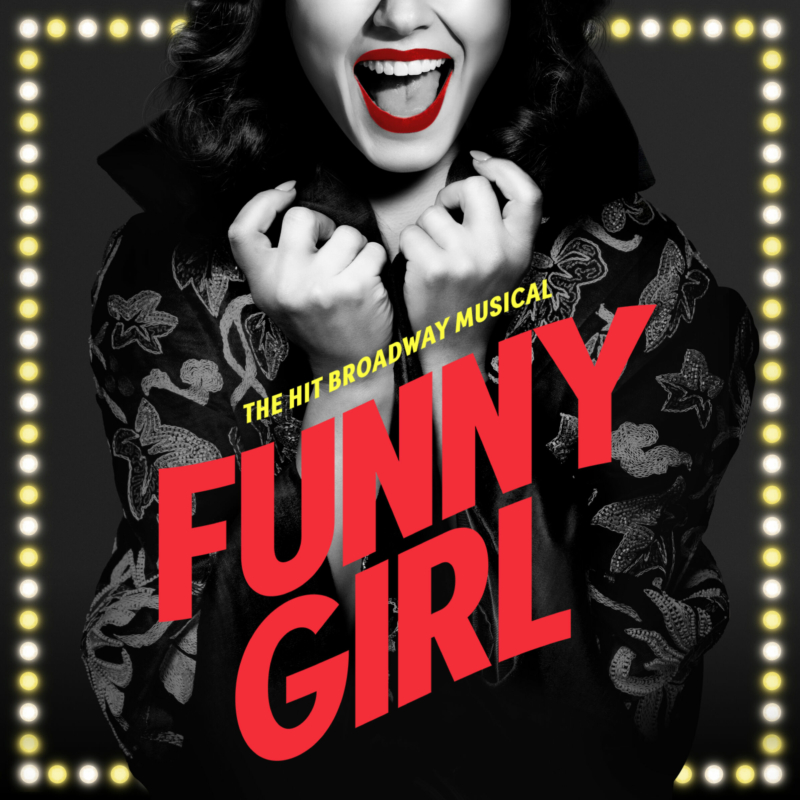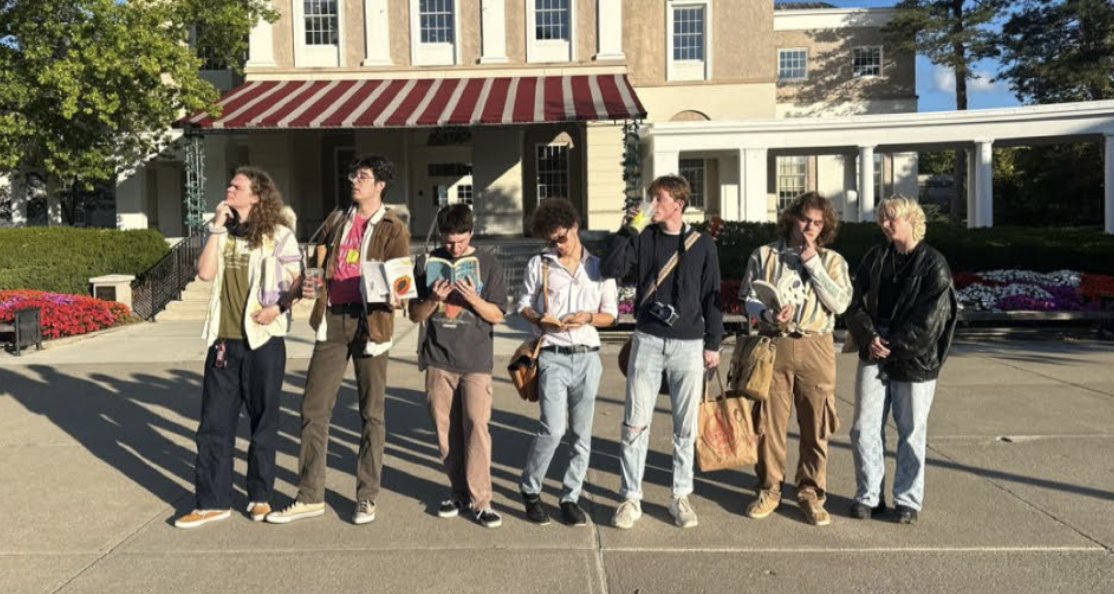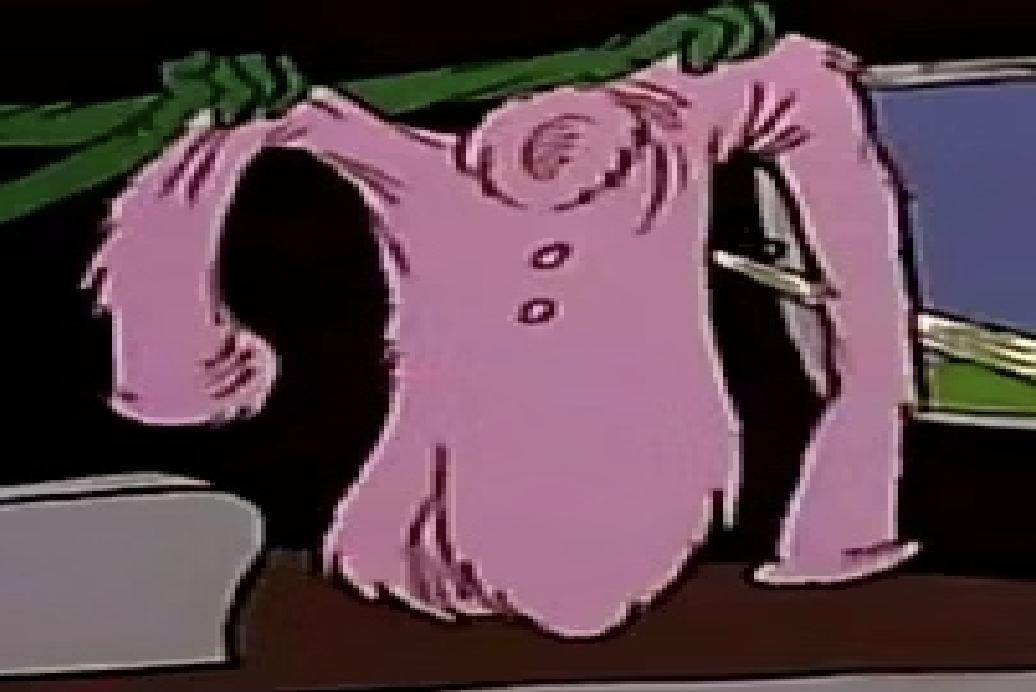Kicking off the start of Spring term, 2025, the Union College Minerva program took students to Proctor’s Theater to see the recently revived and now on-tour production of the musical “Funny Girl”. For a $5 dollar deposit (returned upon attendance of the Minerva program-led pre-show, complete with a meal), the Housing and Res-Ed sponsored event brought students by bus to Proctors for the April 2nd showing of the national tour.
The pre-show, hosted by Theater and Dance Professor Dan Venning and Hillel Director Bonnie Cramer, discussed the important role that the show took on in storytelling about Jewish life in the United States, the American dream, and the interplay between the two. “Funny Girl”, set largely in Manhattan’s Lower East Side (a center of Jewish immigration to New York City), follows the story of Fanny Brice, an American comedian, actress, and performer active from 1908 until her death in 1951. Born Fania Borach to a Hungarian-Jewish family, she began her career appearing at a burlesque show before joining the Ziegfeld Follies, a theatrical revue directed by Florenz Ziegfeld that would eventually be aired over radio. Borach changed her surname to Brice during this period to appear “less Jewish” out of fear of being typecast in Jewish roles, thus limiting her appeal. The show references her being Jewish, and the prejudicial baggage present as a result, throughout, with the character of Fanny likening herself to a “bagel”, when casting directors were used to casting “onion rolls”. While not Jewish in origin, bagels became a cultural staple in Jewish circles through their regularly being served in Eastern European Jewish communities, with many Jewish immigrants to the United States selling them from pushcarts in communities like Manhattan’s Lower East Side. The musical pokes fun at this comparison in Act II when Brice performs in the number “Rat-Tat-Tat-Tat” as “Private Schwartz”, leading an all-male company into war while wearing suspenders with the buckles replaced with bagels.
The musical also makes light of beauty standards both in the performance industry and in Brice’s community itself. In the song “If a Girl Isn’t Pretty”, Brice’s character is repeatedly prodded by her neighbor, Mrs. Strakosh, regarding her physical appearance, with the character of Mrs. Strakosh insisting throughout the show that Fanny was not attractive enough to make it in the performance industry and should instead focus on finding a husband. The song goes on to discuss her firing from her initial position at the burlesque revue, partially attributed to her perceived physical undesirability, before ultimately being hired to join the Ziegfeld Follies.
The pre-show further developed on the societal commentary present in the musical, with Professor Venning discussing the often overlooked role of Jewish figures in American film and theater, specifically highlighting icons of American performance art including Barbra Streisand (who played Brice in the original Broadway adaptation of the musical), Stephen Sondheim (who had originally been asked to write the book for the musical), and Irving Berlin.
The Minerva-led and Res-Ed and Housing sponsored trip to “Funny Girl” joins previous visits to Proctors for the productions of “Waitress”, “Aladdin”, and “Life of Pi” in recent years as part of the “Minerva Night Out” program.













